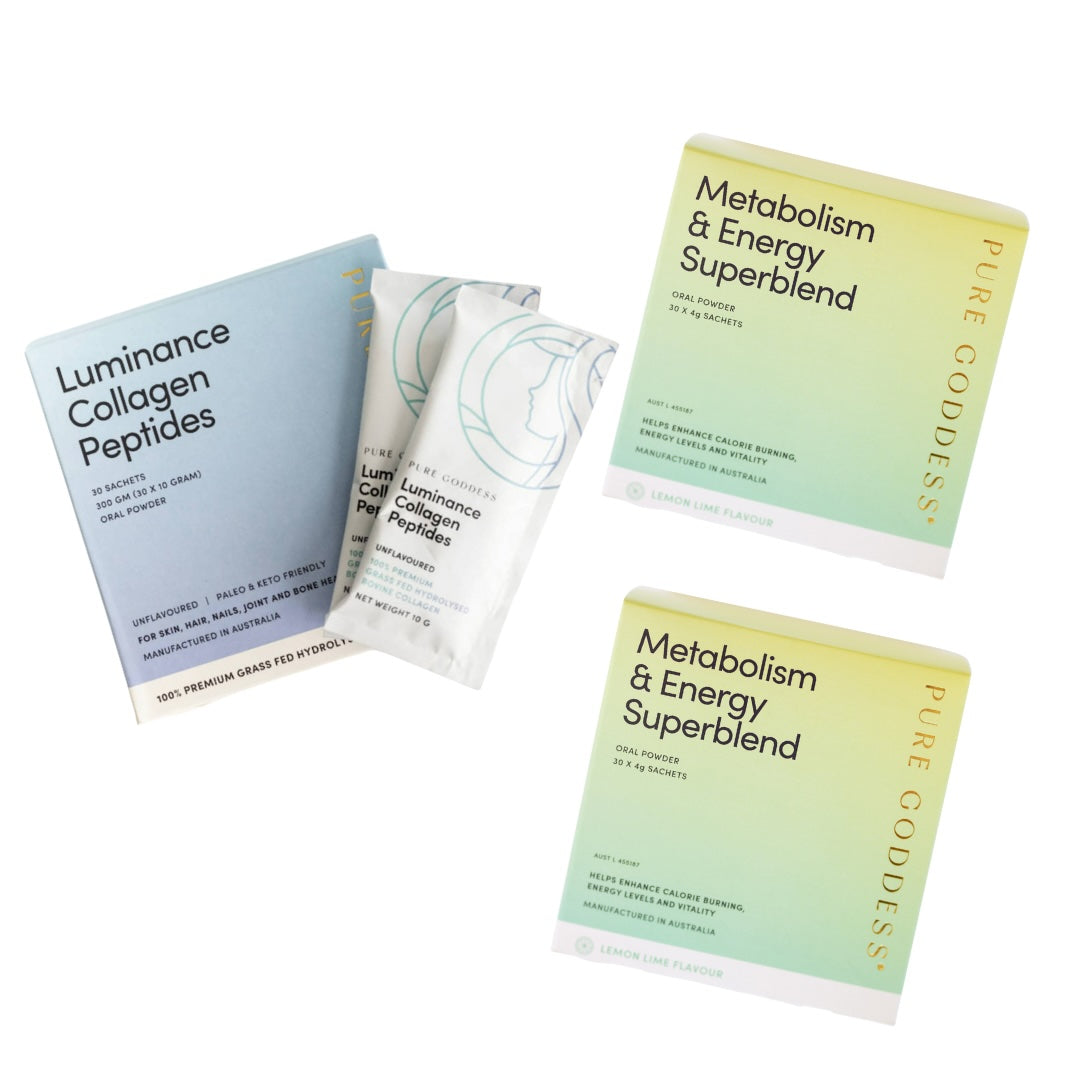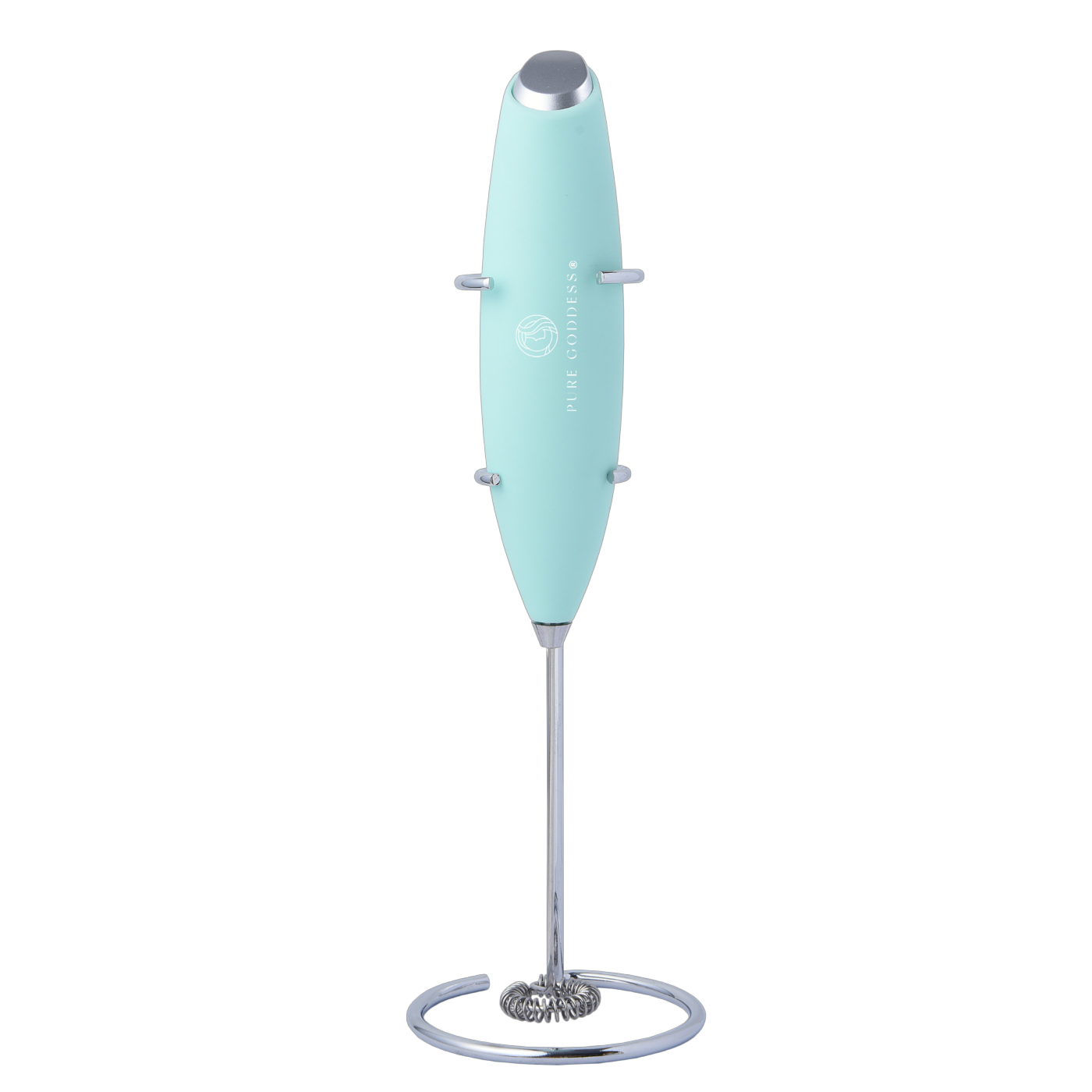ADHD and Menopause: How Hormonal Changes Impact Focus, Memory, and Emotional Health
Attention Deficit Hyperactivity Disorder (ADHD) is commonly associated with childhood, but it also impacts many women well into adulthood. Despite its prevalence, ADHD in women often flies under the radar, misdiagnosed as stress or anxiety, especially during hormonal transitions like perimenopause and menopause. These hormonal shifts can amplify ADHD symptoms, making it essential for women to understand the connection and take control of their health.
ADHD in Women
An often overlooked diagnosis ADHD in women frequently presents differently than in men, which can lead to misdiagnosis or being completely overlooked. While men often display hyperactive and impulsive traits, women are more likely to experience inattentiveness, forgetfulness, and difficulty focusing. These symptoms can easily be mistaken for emotional stress, anxiety, or even normal hormonal changes.
When women reach menopause, declining estrogen levels can intensify ADHD symptoms. Estrogen supports neurotransmitter activity and brain health, so its reduction may result in challenges like brain fog, forgetfulness, and emotional instability. Combined with other menopausal symptoms, such as night sweats, fatigue, and irritability, the impact on mental clarity can feel overwhelming.
How Menopause Exacerbates ADHD Symptoms
The hormonal fluctuations of menopause often make existing ADHD symptoms more pronounced. Common issues include:
-
Forgetfulness – Misplacing items, missing appointments, and struggling with daily tasks.
-
Brain Fog – Difficulty concentrating, processing information, and making decisions.
-
Emotional Sensitivity – Heightened irritability, mood swings, and emotional overwhelm.
-
Fatigue – Low energy levels that worsen ADHD-related dips in focus and motivation.
-
Anxiety – Restlessness, nervous tension, and heightened stress responses.
Acknowledging the link between ADHD and menopause allows women to proactively address these challenges and find relief through targeted strategies.

Practical Ways to Manage ADHD Symptoms During Menopause
Managing ADHD during menopause requires a holistic approach that includes lifestyle adjustments, nutritional support, and, in some cases, medical interventions. Here’s how you can take control:
-
Seek a Diagnosis or Reassessment If you’ve never been diagnosed with ADHD but recognize these symptoms, now is the time to consult a healthcare provider. For those already diagnosed, this may be the right moment to reassess treatment plans with an expert who understands both ADHD and menopause.
-
Explore Hormone Replacement Therapy (HRT) Hormone replacement therapy can stabilize estrogen levels, which may improve cognitive function, reduce brain fog, and help regulate mood swings. Many women find HRT offers renewed focus and emotional balance, but it’s essential to discuss risks and benefits with your doctor.
-
Supplement Smartly Supplements can be powerful allies in managing ADHD and menopause symptoms:
-
Magnesium: Known for calming the nervous system, magnesium aids sleep, reduces anxiety, and supports mood stability. Magnesium bisglycinate is particularly effective.
-
Omega-3 Fatty Acids: Found in fish oil, omega-3s promote brain health, enhance focus, and stabilize mood. PCH Krill (Omega-3 Complex) delivers natural EPA and DHA for cognitive support.
-
B Vitamins: Essential for energy and brain function, B6 and B12 reduce fatigue and emotional imbalances. A good quality vitamin B Complex provides the full spectrum of B vitamins for comprehensive health.
-
Ashwagandha: An adaptogen that helps regulate stress hormones and boost resilience. Ashwagandha supports focus and emotional well-being.
- Pure Goddess Metabolism & Energy Superblend is a great natural supplement that can help calm some of the symptoms by preventing blood sugar fluctuations, supporting hormones and supporting a healthy metabolism and energy levels.
-
Eat for Brain Health A nutrient-rich, anti-inflammatory diet can enhance focus and stabilize hormones. Incorporate leafy greens, fatty fish, nuts, seeds, and berries. Prioritize foods high in omega-3s, magnesium, and zinc, and avoid processed sugars that can trigger energy crashes.
-
Move Your Body Regularly Exercise boosts dopamine and endorphin levels, improving mood, focus, and energy. Activities like yoga, walking, or strength training can also promote better sleep and reduce stress.
-
Prioritize Restful Sleep Quality sleep is non-negotiable for managing ADHD and menopause symptoms. Create a calming bedtime routine, avoid screens before bed, and consider natural supplements like magnesium or melatonin to support better sleep patterns.
-
Practice Mindfulness and Stress Management Mindfulness practices like meditation, deep breathing, and yoga can calm an overactive mind, reduce stress, and improve emotional regulation. Even a few minutes a day can make a noticeable difference.

Getting Professional Support
Diagnosis and Treatment is vitally important If you suspect that hormonal changes are worsening ADHD symptoms, seek professional guidance. A proper diagnosis can lead to effective treatment options such as:
-
ADHD Medications: Stimulants and non-stimulants help improve focus, reduce impulsivity, and restore balance.
-
Cognitive Behavioral Therapy (CBT): CBT provides strategies for time management, organization, and emotional regulation, key tools for coping with ADHD.
-
Hormonal Support: Pairing hormone therapies with ADHD treatments and lifestyle adjustments can provide significant relief.

Empowering Women to Thrive Through ADHD and Menopause
Living with ADHD during menopause can feel overwhelming, but understanding the connection between these two life phases is empowering. By combining targeted treatments, supplements, and lifestyle changes, women can take control of their health and well-being.
At Pure Goddess, we believe every woman deserves to feel vibrant, focused, and in charge of her life, no matter her stage. With the right strategies and support, navigating ADHD and menopause doesn’t have to be a struggle. Instead, it can be an opportunity to embrace balance, clarity, and confidence.



Leave a comment
This site is protected by hCaptcha and the hCaptcha Privacy Policy and Terms of Service apply.